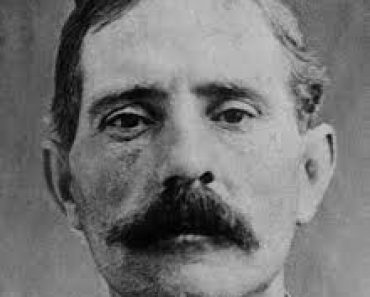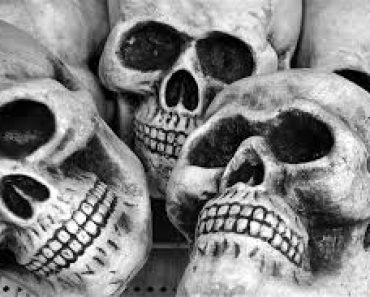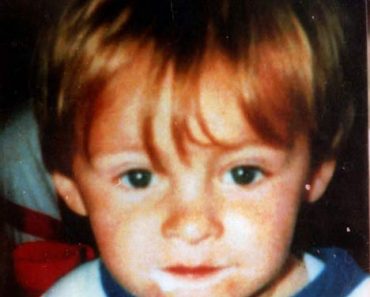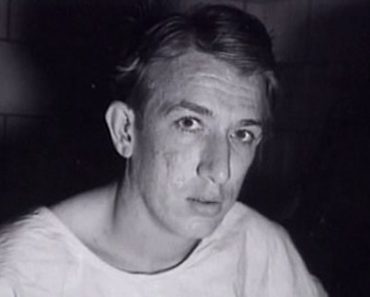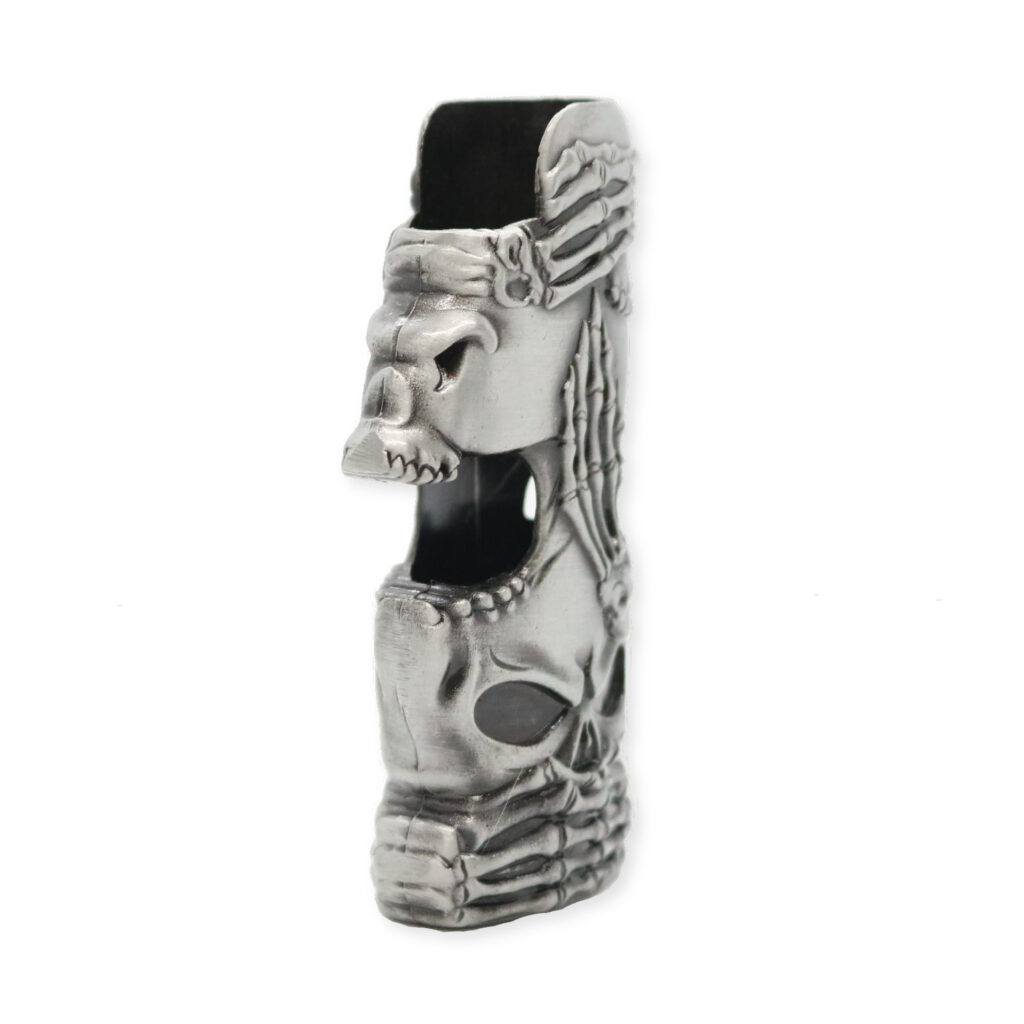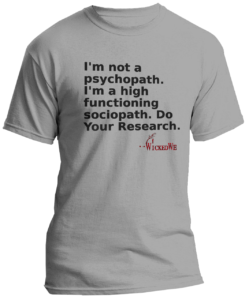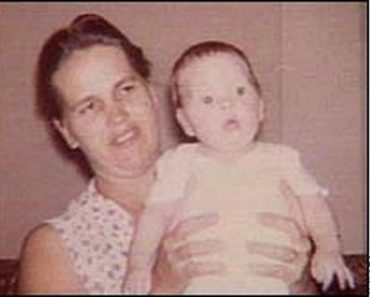Find a term:
Find Terms & Definitions.
Bipolar Personality Disorder
Definition
Bipolar Personality Disorder was formerly called manic depression. It is a mental health condition that causes a person to suffer from extreme mood swings that include emotional highs and lows.
The exact cause of Bipolar Personality Disorder is unknown but some experts believe there are a number of factors that work together to make a person more likely to develop it. These are thought to be a complex mix of physical, environmental and social factors.
Bipolar Personality Disorder
Manic episodes may include symptoms such as high energy, reduced need for sleep, and loss of touch with reality.
Depressive episodes may include symptoms such as low energy, low motivation, and loss of interest in daily activities. Mood episodes last days to months at a time and may also be associated with suicidal thoughts.
Bipolar Personality Disorder is widely believed to be the result of chemical imbalances in the brain.
The chemicals responsible for controlling the brain’s functions are called neurotransmitters and include noradrenaline, serotonin and dopamine. There is some evidence that if there’s an imbalance in the levels of one or more of these neurotransmitters, a person may develop symptoms of bipolar disorder.
For example, there’s evidence that episodes of mania may occur when levels of noradrenaline are too high and episodes of depression may be the result of noradrenaline levels becoming too low.
source: nhs.uk
Depression
(extreme lows)
During a period of depression, symptoms may include:
- feeling sad, hopeless or irritable most of the time
- lacking energy
- difficulty concentrating and remembering things
- loss of interest in everyday activities
- feelings of emptiness or worthlessness
- feelings of guilt and despair
- feeling pessimistic about everything
- self-doubt
- being delusional, having hallucinations and disturbed or illogical thinking
- lack of appetite
- difficulty sleeping
- waking up early
- suicidal thoughts
Mania
(extreme highs)
During a period of mania, symptoms may include:
- feeling very happy, elated or overjoyed
- talking very quickly
- feeling full of energy
- feeling self-important
- feeling full of great new ideas and having important plans
- being easily distracted
- being easily irritated or agitated
- being delusional, having hallucinations and disturbed or illogical thinking
- not feeling like sleeping
- not eating
- doing things that often have disastrous consequences – such as spending large sums of money
- making decisions or saying things that are out of character and that others see as being risky or harmful
Source: en.wikipedia.org | wickedwe.com | mayoclinic.org | nhs.uk
Bipolar Personality Disorder is characterized by: impulsive behaviors, intense mood swings, feelings of low self worth and problems in interpersonal relationships. It has also been diagnosed among some of the most notorious serial killers. Interestingly, this seems more common among female criminals. Ex. Aileen Wuornos | Kristen Gilbert
Source: WebMD | forensicscolleges.com









